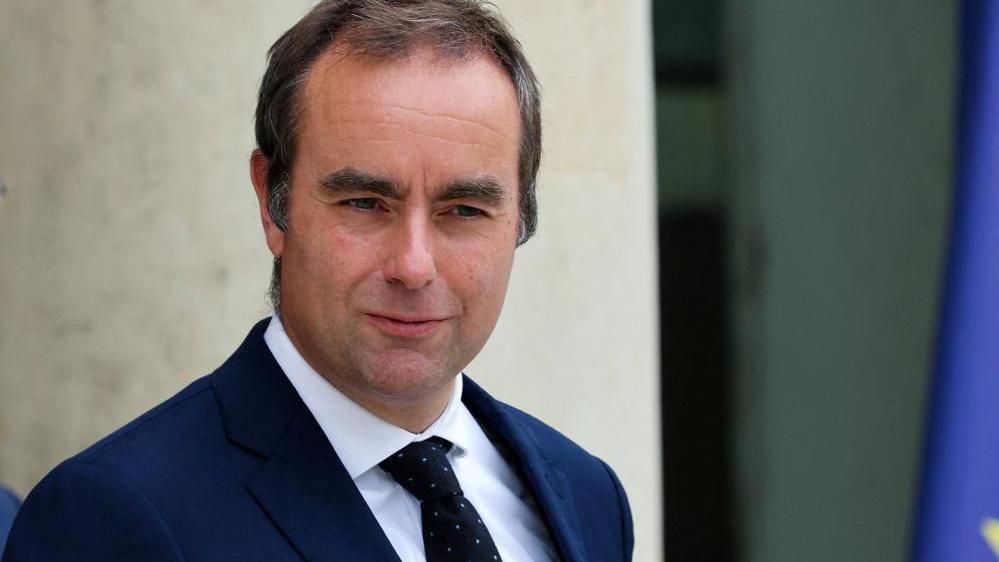A BBC investigation has exposed disturbing allegations involving Charles Mwesigwa, a man operating a sex trafficking network out of Dubai’s most upscale neighborhoods exploiting vulnerable women and potentially connected to the deaths of two women.
According to the BBC, Mwesigwa, who claims to be a former London bus driver, runs an operation offering women for high-end sex parties with prices starting at $1,000 (£740). Undercover reporting reveals that some women are subjected to extreme and degrading fetishes, including requests to defecate on them; acts that some clients demand as part of their sexual preferences.
The investigation uncovered testimonies from women including young Ugandan women who believed they were traveling to Dubai for legitimate work in hotels or supermarkets but instead found themselves trapped in Mwesigwa’s network. One woman, “Mia,” told the BBC she owed over $27,000 (£19,918) after weeks of forced work with debts accruing for air tickets, visas, accommodation and food leaving her forced to work under duress.
Moreover, the BBC reports that two women linked to Mwesigwa have died after falling from high-rise apartments with their deaths officially ruled as suicides. Family and friends, however, believe these incidents warrant further investigation. One victim, Monic Karungi, arrived in Dubai from western Uganda in April 2022 and was found dead from a fall just four days after moving to a different apartment. Her family claims she was trying to escape the network and was arguing with Mwesigwa prior to her death.
Another woman, Kayla Birungi, died in 2021 under similar circumstances also falling from a Dubai high-rise. The BBC found that her body was buried in an unmarked grave in Dubai’s Al Qusais Cemetery, a site often used for unidentified migrants. Both women’s families report that toxicology reports found no drugs or alcohol in their systems at the time of death raising questions about the official findings.
The investigation also highlights allegations of racialized abuse with victims recounting that clients often requested extreme acts targeting Black women and that police in Dubai appeared unwilling to intervene. Lexi, one of the women, told the BBC she was told by police that “Africans cause problems for each other” and that they did not want to get involved.
The BBC traced Mwesigwa to a middle-class neighborhood in Dubai’s Jumeirah Village Circle through open-source intelligence and undercover research. In a covert meeting, he boasted about running “like 25 girls,” claiming they were “open-minded” and capable of performing “pretty much everything.” When asked about “Dubai porta potty” fetishes, Mwesigwa said he could send the “craziest” women for such acts.
Mwesigwa, who has used multiple aliases denied running an illegal sex ring claiming he only helps women find accommodation and that women follow him to parties because of his “wealthy Dubai contacts.” He told the BBC that he loved his business and would continue regardless of any allegations.
The investigation also features accounts from Troy, a former operational manager for Mwesigwa’s network who detailed how security at nightclubs was paid off to facilitate access for women and how the operation was designed to remain under the radar by using proxies to rent cars and apartments.
Despite repeated requests, the Dubai police have not responded to inquiries about the death investigations and the BBC reports that official case files for Monic and Kayla have not been made available. The police reportedly stopped investigations into Monic’s death after finding drugs and alcohol in her apartment although toxicology reports are unavailable.
Mwesigwa responded to the BBC’s questions denying any involvement in illegal activities and dismissing the allegations as false. He stated, “These are all false allegations,” and claimed that Monic died with her passport and that both cases had been investigated by Dubai police.
The BBC’s investigation raises urgent questions about the extent of exploitation, the safety of women in Dubai’s high-end nightlife and the adequacy of law enforcement response to such grave allegations.









